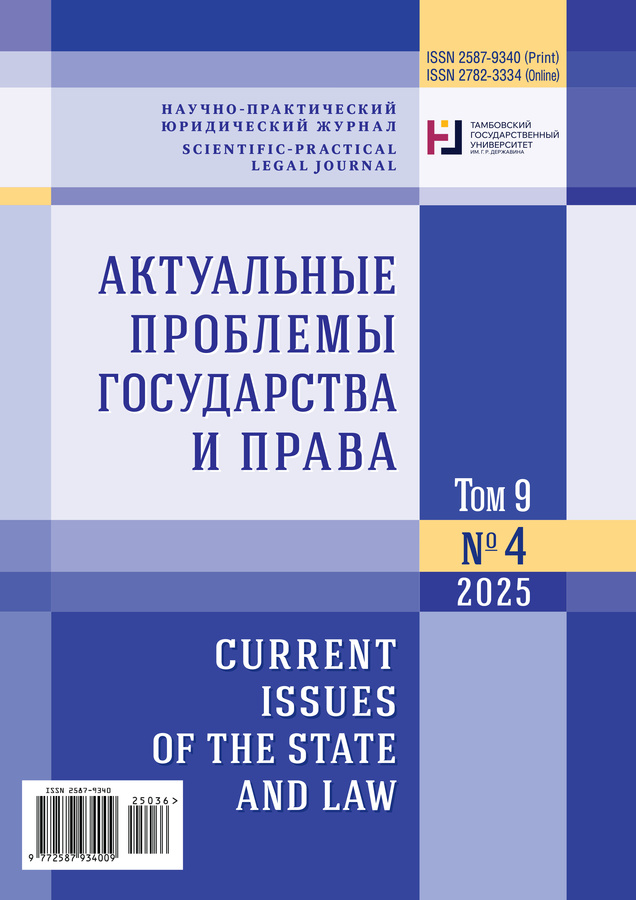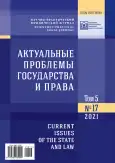Аннотация
Изначально московская полиция создавалась как орган с широким кругом обязанностей и многочисленными полномочиями, охватывавшими практически все сферы жизнедеятельности населения. Московская полиция, в силу своего столичного статуса, являлась своеобразным полигоном, на котором опробовались различные преобразования в полицейской сфере, которые потом распространялись на другие города Российской империи. Середина XIX века стала важной вехой в развитии московской общей полиции и расширении ее компетенции. В этот период времени в ее структуре стали формироваться специализированные подразделения, направленные на решение специфических задач. Рассмотрен опыт организации, правовые и организационные основы деятельности врачебно-полицейского комитета во втором по значимости городе Российской империи Москве. Развитие московской общей дореволюционной полиции и ее отдельных подразделений в отечественной историко-правовой науке изучены недостаточно, что связано с отсутствием в открытом доступе необходимого эмпирического материала. На основе анализа впервые вводимых в научный оборот документов и статистических сведений Центрального государственного архива города Москва исследованы причины образования, структура, основные полномочия московского врачебно-полицейского комитета и результаты его деятельности. В преддверии трехсотлетия образования московской полиции изучение опыта столичной полиции способствует приращению историко-правовых знаний о деятельности дореволюционных органов правопорядка.









